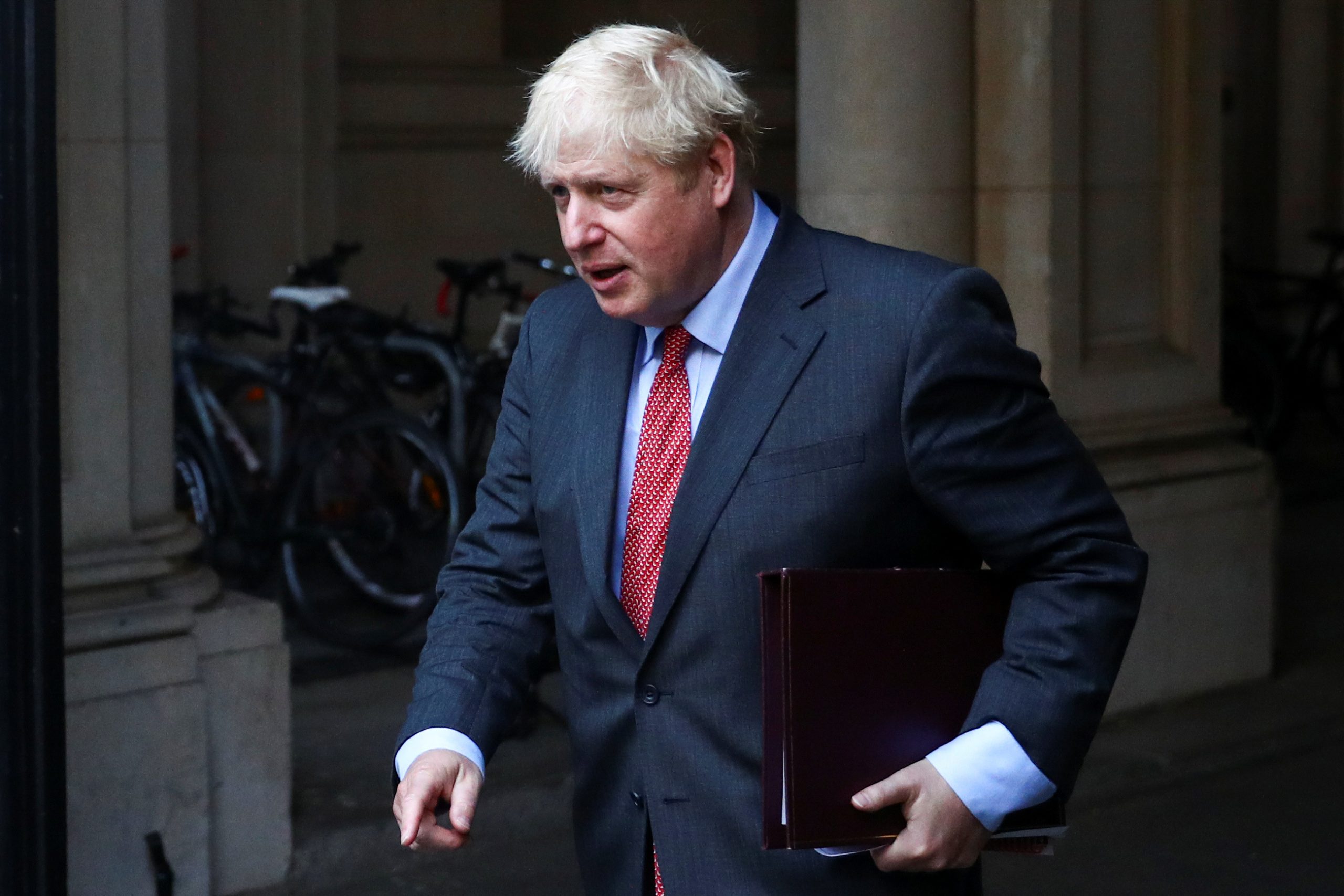
Samuel Case, FISM News
[elfsight_social_share_buttons id=”1″]
British Prime Minister Boris Johnson moved a step closer to getting parliamentary approval for new powers to break the Withdrawal Agreement struck with the European Union last year as lawmakers backed changes to the Internal Market Bill.
The bill aims to ensure Britain’s four nations can trade freely with each other after Brexit. Ministers say that will require breaking the EU exit treaty to protect Northern Ireland unless stalled talks with Brussels make a breakthrough.
The plan has angered the EU and drawn heavy criticism from lawmakers who say that going back on an international agreement damages Britain’s reputation. Nevertheless, a government concession giving parliament a say over whether to use the treaty-breaking powers snuffed out a rebellion and was approved without a vote.
Former finance minister Sajid Javid was one of several potential rebels to accept the government’s compromise, having initially said he could not support the bill.
The bill now passes to the final stages of approval in parliament’s lower chamber, which will take place next week. After that, the bill faces two months of scrutiny in the upper chamber, where Johnson does not have a majority.
Sourced from Reuters America Wire, edited for brevity
